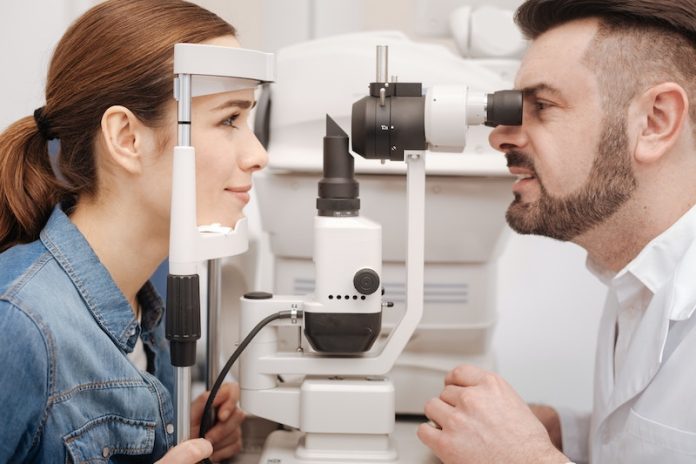
Researchers at Duke Health have come up with a clever way to tell if someone might be starting to have memory problems.
They can do this by just looking at pictures of the back of the person’s eye.
The researchers created a computer program that can look at these pictures and spot signs of mild memory issues.
The program works by recognizing certain features in the eye pictures that are different in people with memory problems.
This new method is easy, non-invasive, and doesn’t cost a lot of money. It could be used to find early signs of memory problems that might later turn into a disease called Alzheimer’s.
“It’s very exciting,” said Sharon Fekrat, M.D., who led the research. “In the past, we couldn’t tell the difference between mild memory problems and normal memory using this method.
But now, we’re one step closer to detecting these issues earlier before they turn into Alzheimer’s.”
Building on Past Success
Fekrat and her team had previously made a similar computer program. But that older program was designed to identify people who had already been diagnosed with Alzheimer’s.
It worked by detecting changes in the structure of the retina (the back part of the eye) and its tiny blood vessels.
The new computer program goes one step further. It can detect milder memory issues, which often happen before Alzheimer’s. It does this by looking for certain features in the eye pictures that indicate these problems.
It also considers other information, like the person’s age, sex, eyesight, education level, and other details from the pictures.
Impressive Results
The new program has shown promising results. It was able to tell the difference between people with normal memory and those with mild memory problems in 79% of cases.
It was also able to correctly identify people with normal memory in 83% of cases.
“This is the first time anyone has used these types of eye pictures to tell people with mild memory problems apart from those with normal memory,” said C. Ellis Wisely, M.D., one of the researchers.
Wisely pointed out that having an easy and inexpensive way to find these patients is very important, especially since new treatments for Alzheimer’s might become available soon.
“The back of the eye is like a window into the brain,” said Alexander Richardson, a student researcher.
“A computer program that uses easy and inexpensive eye pictures to check brain health could be a powerful tool. It could help find patients who might need treatment quickly and efficiently.”
If you care about brain health, please read studies about how the Mediterranean diet could protect your brain health, and Omega-3 fats and carotenoid supplements could improve memory.
For more information about brain health, please see recent studies about antioxidants that could help reduce dementia risk, and higher magnesium intake could help benefit brain health.
The study was published in Ophthalmology Science.
Follow us on Twitter for more articles about this topic.
Copyright © 2023 Knowridge Science Report. All rights reserved.



